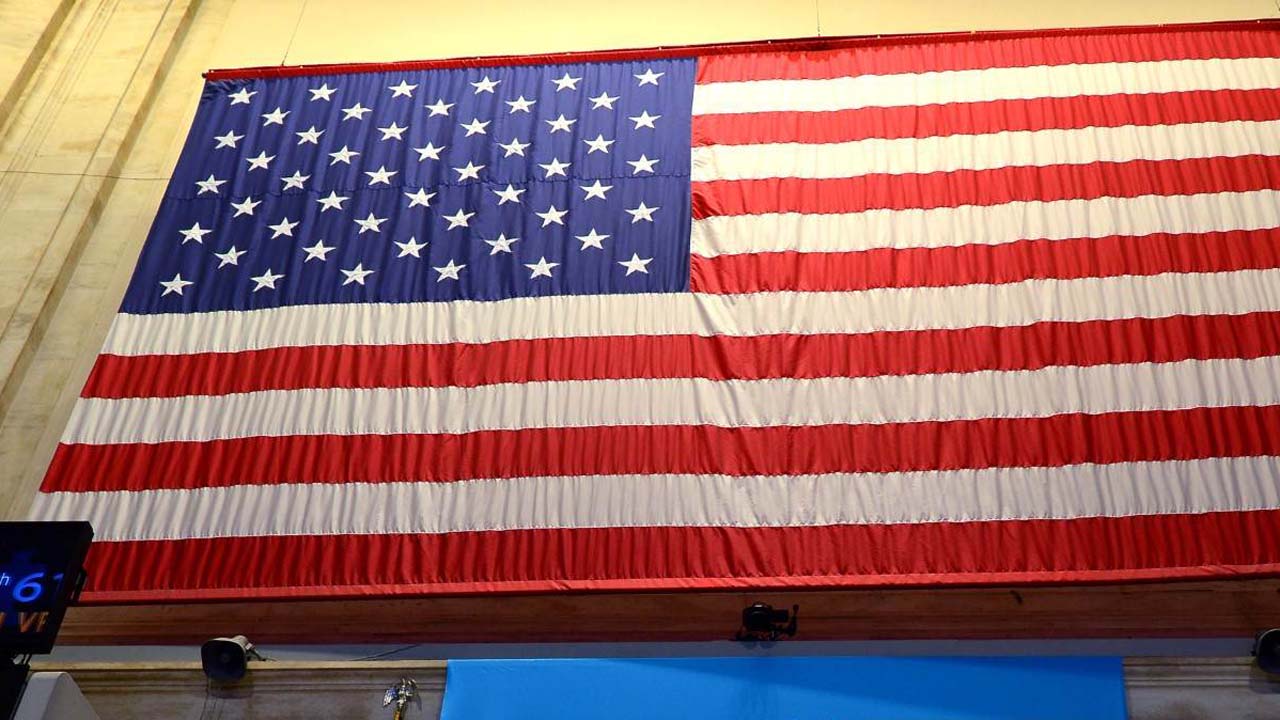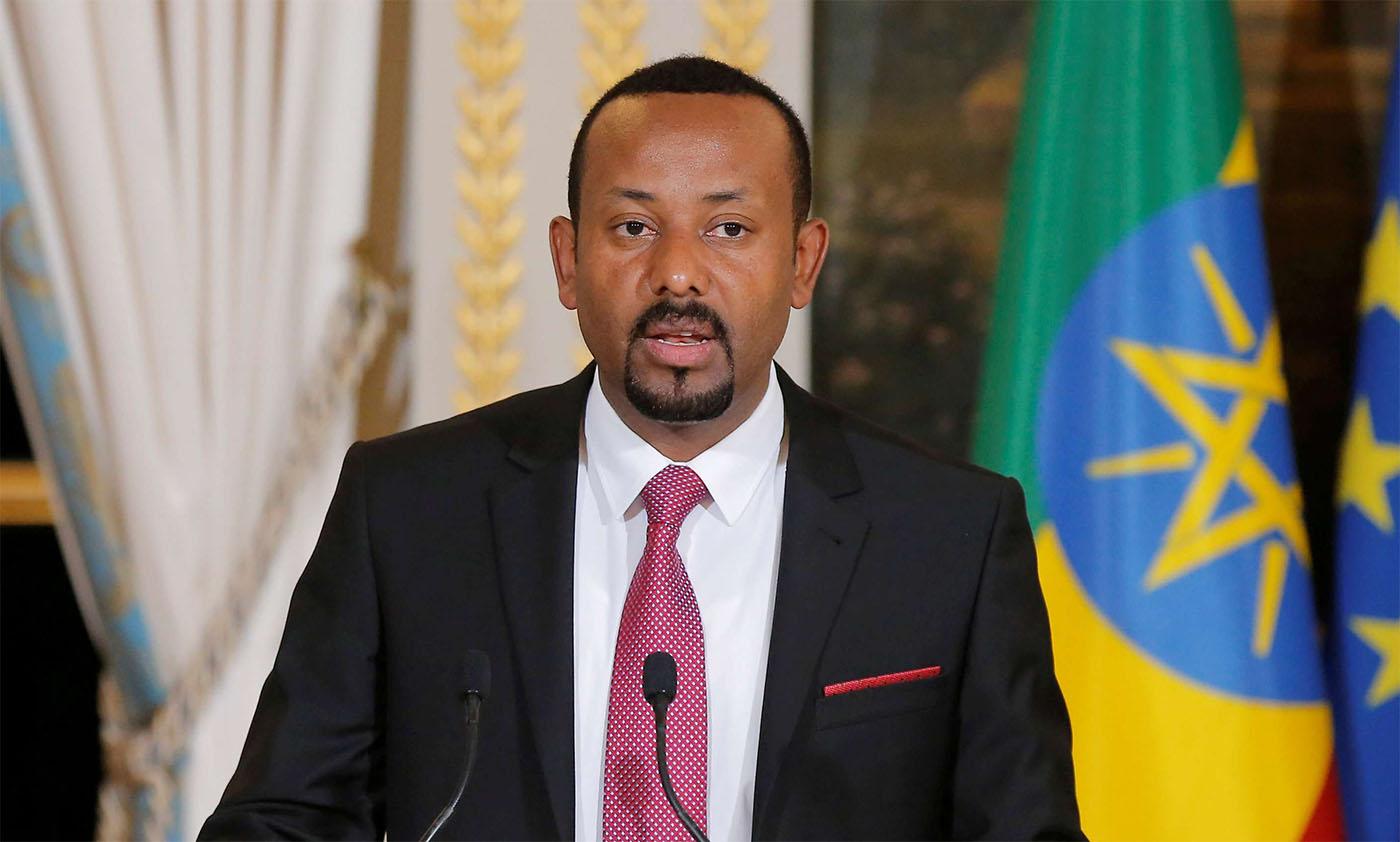United States President Donald Trump on Monday announced that countries supporting what he described as the “Anti-American policies of BRICS” will face an additional 10 per cent tariff on all goods exported to the United States.
“There will be no exceptions to this policy,” Trump said in a post on Truth Social.
The announcement follows the U.S. government’s formal notification process, which began the same day, informing affected countries of the tariff measures introduced earlier in the year.
According to White House officials, letters outlining the terms of the tariffs were scheduled for dispatch to foreign ministries on Monday, with options for limited bilateral deals also under review.
Trump, who resumed office in January 2025, has consistently criticised BRICS, a coalition initially composed of Brazil, Russia, India, China, and South Africa. The bloc expanded in 2024 to admit Iran, Egypt, Ethiopia, and the United Arab Emirates, and later welcomed Indonesia in 2025 as its first Southeast Asian member. That same year, Nigeria joined nine other nations — including Belarus, Bolivia, Cuba, Kazakhstan, Malaysia, Thailand, Uganda, and Uzbekistan — as part of a new BRICS “partner country” framework introduced during the 16th BRICS Summit.
Trump’s latest announcement builds on a broader tariff regime introduced earlier in April, which includes a 10 per cent baseline tariff on all imports and country-specific rates targeting over 60 trading partners. Nigeria was among the countries hit with higher duties, facing a 14 percent tariff on goods shipped to the U.S. This came despite a reported $6.29 billion in Nigerian exports to the U.S. in 2023, according to the Observatory of Economic Complexity (OEC), which noted a steady rise in exports from $5.81 billion in 2018.
At the time of that announcement, Trump stated, “We are doing this for fairness and to restore America’s rightful place as the world’s number one economy,” adding that the tariffs were necessary in light of what he described as unfair trade practices, including currency manipulation and import restrictions. According to the U.S. government, Nigeria imposes a 27 per cent tariff on U.S. goods.
As with previous directives, parts of the new tariffs are set to take effect in stages, but the specific timeline for the new BRICS-related measures remains unclear. Trump has advised countries affected by the tariffs to approach Washington for bilateral deals but warned, “Take it or leave it.”
Reactions from BRICS member states have varied. Brazil, which currently chairs the BRICS foreign ministers’ forum, issued a statement on Monday expressing concern over the implications of rising unilateral trade barriers. While the statement did not name the United States directly, it cited fears of global economic fragmentation and the weakening of multilateral institutions.
The statement, however, stopped short of serving as a joint declaration by all BRICS members, amid reports of internal disagreements within the bloc regarding the scope of its political and economic alignment.






